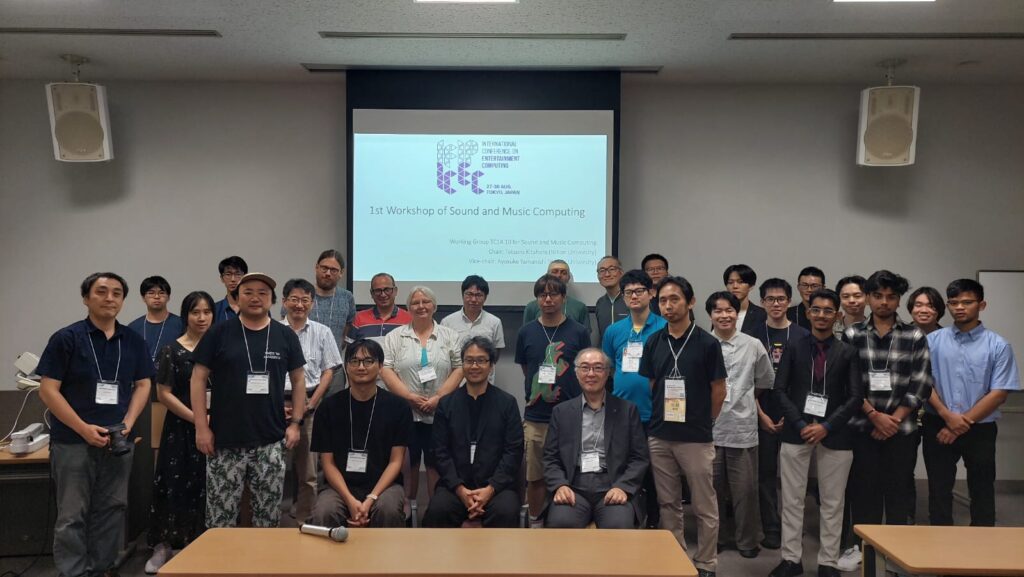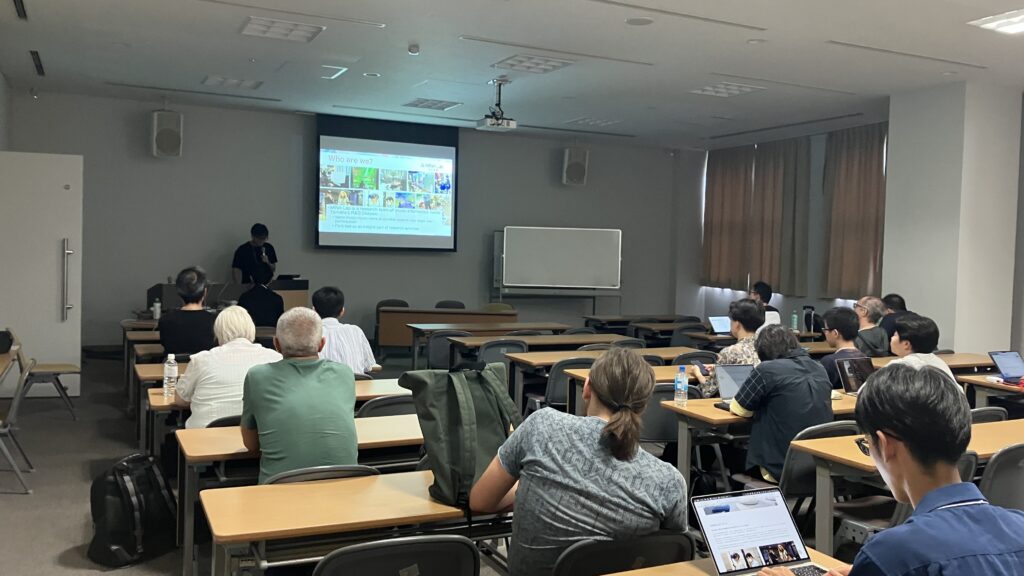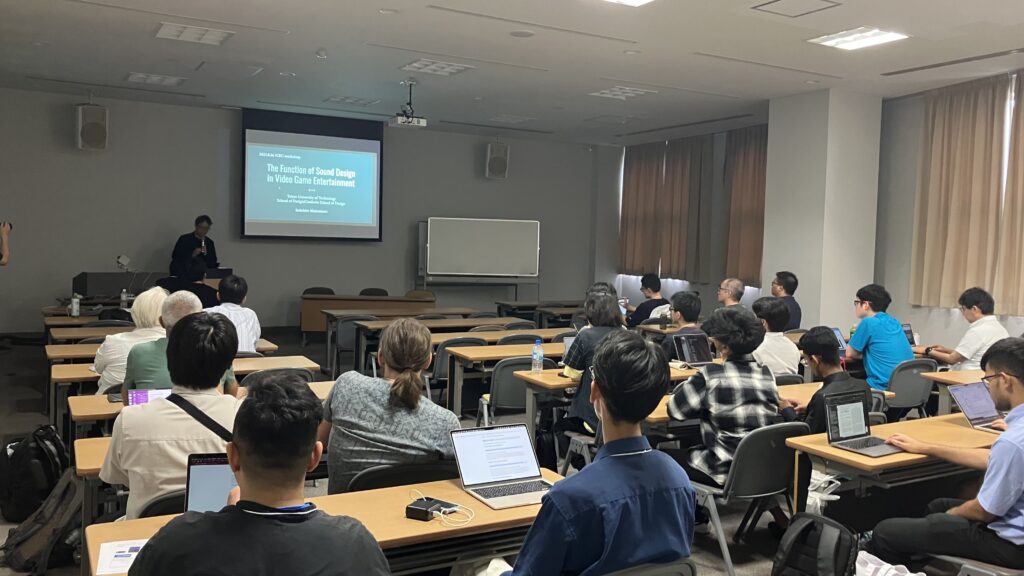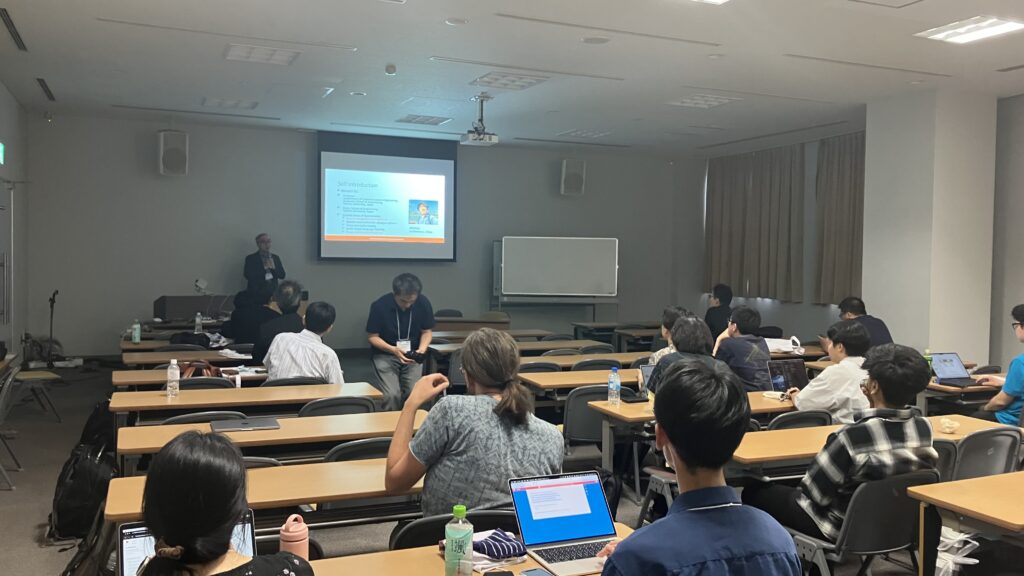
Sound and music play a significant role in various forms of entertainment, such as games, movies, and dance. We believe that sound and music computing (SMC) enhances the quality of such entertainment content. Our workshop will discuss how recent developments of SMC will discover new fields and sights of entertainment.
The goal of our workshop is to provide ICEC participants with an opportunity to understand the state-of-the-art in the SMC field and discuss the future entertainment enhanced by SMC technologies. Recently, SMC technologies such as the following have been rapidly developed.
In this workshop, we invite some top-level researchers in these fields. They will introduce recent achievements of the SMC research. Then, based on their talk, we will discuss the future impact and directions of such technologies in the context of entertainment computing (EC).

Playing a musical instrument is rewarding, but some forms of entertainment, like playing together in an ensemble or playing complex pieces, are limited to those who have acquired sufficient experience. In this talk, I will introduce some systems we have designed to allow anyone to enjoy the experience of playing in a musical ensemble or playing pieces that are beyond the current limitations of the user, and discuss some lessons learned through operating these systems to over 10,000 performances.

Sound Design in the Video Game field plays a crucial role and has effective functions that enable players to perceive the information of the air, era, narrative setting, and soundscape surrounding them inside the game. It also conveys information outside the display, in other words, non-visual information, and becomes the gateway to the immersive world. The method of Sound Design has been used in making films and has been applied to video games afterwards. The speaker discusses the topic from his own experience as a video game sound designer in the 1990s.

This talk explores how acoustic signal processing has advanced singing voice analysis, enriching entertainment experiences. Historically focused on professional vocalists, the field has expanded to amateur singing for enjoyment, notably in karaoke. We will discuss innovations in karaoke scoring, moving beyond “skill” to evaluate “enthusiasm” and “lyric accuracy,” aiming to praise users rather than criticize. Furthermore, we delve into the unique acoustic features of extreme vocal styles like death growl and screaming voice, revealing their significantly larger jitter and shimmer, and lower Harmonic-to-Noise Ratio (HNR) compared to normal voices, and their relation to subjective impressions. These diverse applications underscore how foundational signal processing and machine learning techniques can create new value and deepen the singing experience for everyone.

We hope all music lovers will join our workshop!